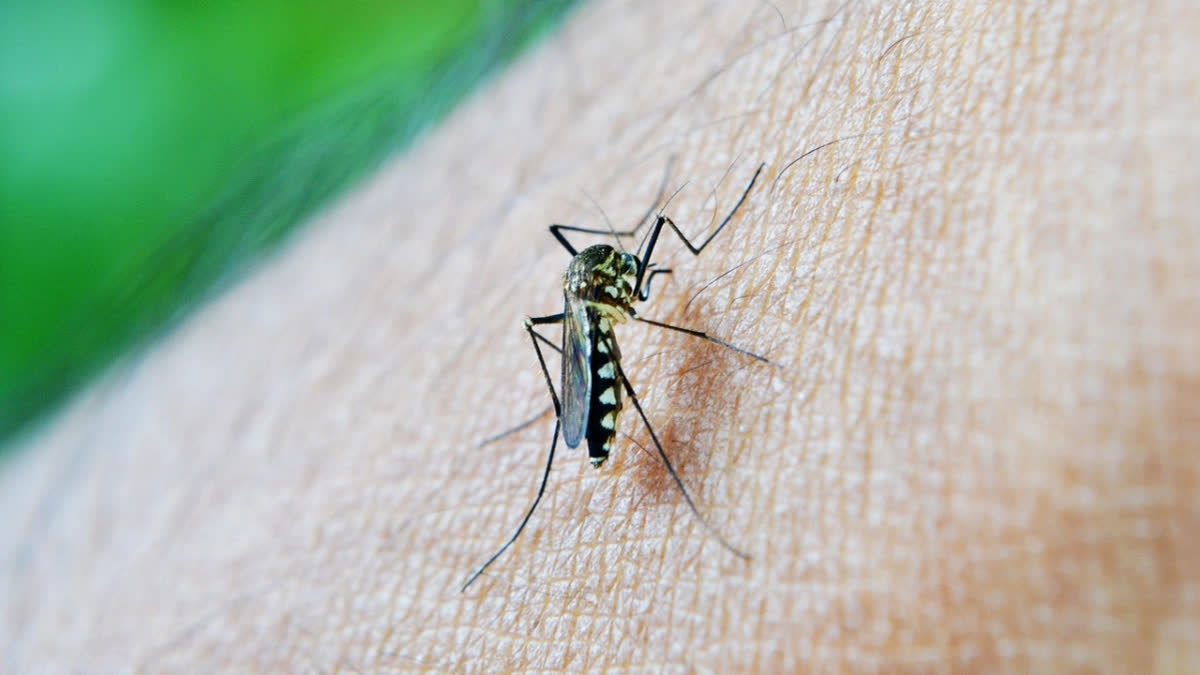Kolkata: With the monsoons around the corner, city dwellers, especially in October and November, remain in fear of mosquito-borne diseases. However, this year, the scenario is quite different, with the number of dengue-malaria cases dwindling astonishingly.
According to data from the Kolkata Municipal Corporation (KMC), the number of dengue cases in Kolkata is 93 per cent less than last year. The number of malaria cases, too, has reduced by a whopping 44 per cent. Entomologists and environmental scientists have noted multiple reasons behind this surprising decline.
According to data from the state health department, the number of dengue cases until October 30 of this year is 17,063, with Murshidabad on top in terms of infected ones. The total number of infected people in Murshidabad is 4,321. Kolkata is placed seventh in the list, with the number of cases since January 1 recorded at 865.
According to KMC sources, the number of dengue cases in the city till the beginning of November 2023 was 12,334. This year, the number of dengue cases fell by 93 per cent to 865 during the same period.
Last year, as many as 9,309 people were infected with malaria up till November. Since the beginning of this year, malaria has decreased by 44 per cent to 5,187 people.
What Caused This Decline? ETV Bharat spoke to Entomologist Dr Debashis Biswas who said that not only in West Bengal and Kolkata, this picture is a reality in several other states. However, there are no specific reasons for this sharp decline.
"It could be a change in the weather condition, an increase in awareness. It could even be an act of re-establishment," he said. Environmental scientist Swati Nandi Chakraborty reaffirmed that climate change could be a major factor in this huge fall in cases. The municipal bodies are showing quite a bit of activity, she added.
"Their drainage is improved, resulting in water going down each passing day. Some of the pockets do not have water for more than seven days. Water is not always the ideal environment for mosquitoes to lay their eggs," Chakraborty said.
Dr Biswas, however, reminded us that there is no reason to be complacent or to be happy that the outbreak has subsided. "People need awareness. One must remember that mosquitoes lay their eggs in stagnant water- especially places where plastic, tyres, garbage, and broken items are dumped indiscriminately. Awareness is the call of the hour now," he warned.
According to the National Vector Borne Disease Control Programme, the number of dengue cases has decreased in most of the states till June 30 this year. Most states including Arunachal Pradesh, Bihar, Andhra Pradesh, Odisha, and West Bengal have a much lower number of dengue cases and deaths compared to 2023.
Read More:



